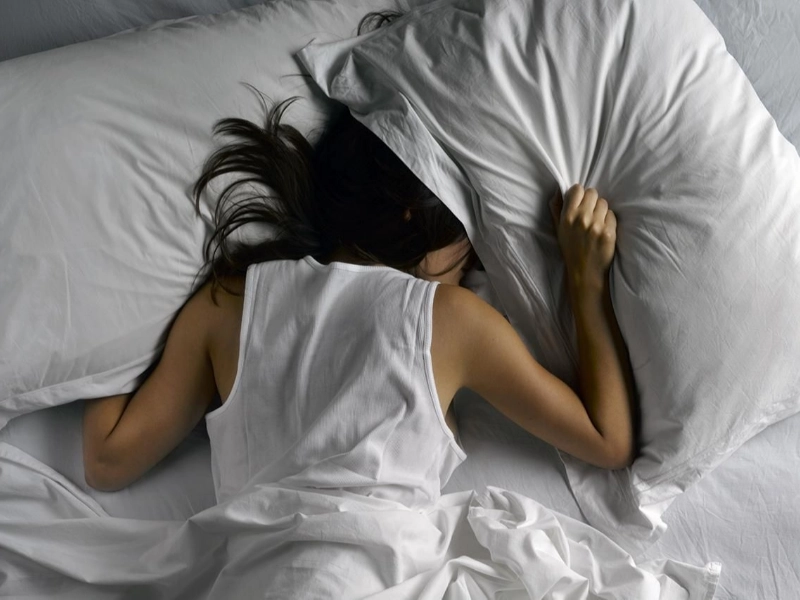Soap in Bed? The Unusual Trick That's Helping People Sleep
Advertisement
2. How the Soap Trick Works

Advertisement
The mechanism behind the soap in bed technique is yet unknown, and no hard data exists to support its efficacy. Still, various hypotheses have been put up to explain why some people discover relief by laying soap under their blankets.
According to one well-known hypothesis, the aroma of the soap might quiet the nervous system, so encouraging relaxation and better sleep. Some supporters of this approach think some soap ingredients, such lavender or other essential oils, might have aromatherapeutic effects helping with sleep. Our sense of smell comes from the olfactory system, which also directly connects to brain regions engaged in memory and emotion. This link might help to explain why some smells could affect our sleep pattern.
Still another theory holds that the soap could have a placebo effect. The conviction that the soap will help to improve the quality of sleep could cause less worry and a more calm state of mind, so facilitating better sleep. The potency of the placebo effect should not be understated since several studies have demonstrated that actual physiological changes in the body can result from belief in the effectiveness of a treatment.
Certain professionals hypothesize that the soap might release ions or other compounds that might influence the electromagnetic field of the body, therefore improving circulation and lowering muscle tension. Although this idea is still theoretical and lacks scientific support, it emphasizes the complicated interaction between our bodies and the surroundings in which we sleep.
Still another fascinating theory relates to the mineral count in soap. Many soaps include magnesium, a mineral famed for its ability to relax muscles. Small amounts of magnesium, according to some supporters of the soap method, may be absorbed via the skin and may aid to relax muscles and ease cramps.
One should also take psychological factors of this trick into account. Putting soap in bed could become a routine that tells the brain it's time to turn in for sleep. Consistent bedtimes are well recognized to improve sleep quality, hence the soap tip might help in forming such a pattern.
Although these ideas offer plausible reasons for the claimed success of the soap trick, it is crucial to keep in mind that correlation does not prove causality. Some people's improved sleep quality could be the result of environmental elements, changes in sleep patterns, or even coincidental improvements in underlying medical issues.
You May Like
Advertisement

